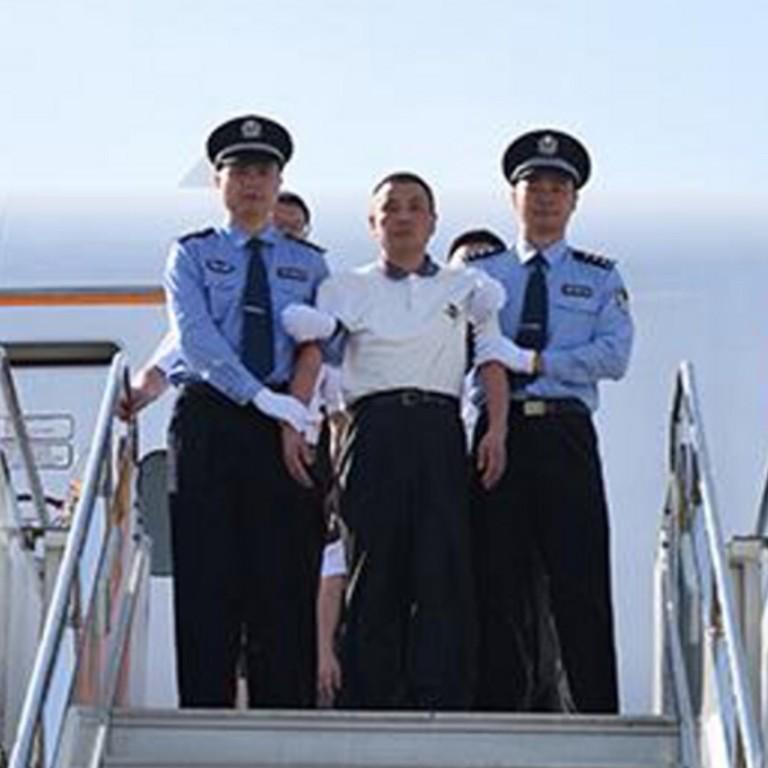
Dozens of Interpol ‘red notices’ for Chinese suspects vanish from view as Skynet corruption strategy seems to shift
- About 40 suspects on China’s ‘100 most wanted’ list remain at large, but they have all been removed from the public version of Interpol’s red notice list
- They may have been shifted to a non-public list at Beijing’s request, according to a lawyer who has helped some Chinese suspects get red notices rescinded
On June 29, 2019, a flight from Vancouver, Canada, was greeted on the tarmac at Shenzhen’s Baoan International Airport by police officers.
They boarded the Boeing 787 and emerged with a small, gaunt man dressed in a white polo shirt, then paused for a photo at the top of the stairs in the afternoon sunshine before marching corruption suspect Liu Baofeng off to face Chinese justice.
The former securities trader’s arrest was hailed by state news agency Xinhua as the culmination of yet another “red notice hunt”, Liu having featured in a 2015 campaign targeting China’s “100 most wanted” international corruption fugitives.
To great fanfare, all had been placed on the public version of Interpol’s “red notice” list, which calls on police worldwide to locate and arrest suspects.
The campaign was the centrepiece of President Xi Jinping’s “Skynet” anti-corruption crackdown, and was cited by Beijing as an example of global policing cooperation. The Central Commission for Discipline Inspection (CCDI), China’s corruption-fighting agency, published the suspects’ red notice numbers and links to their photos on the Interpol website.
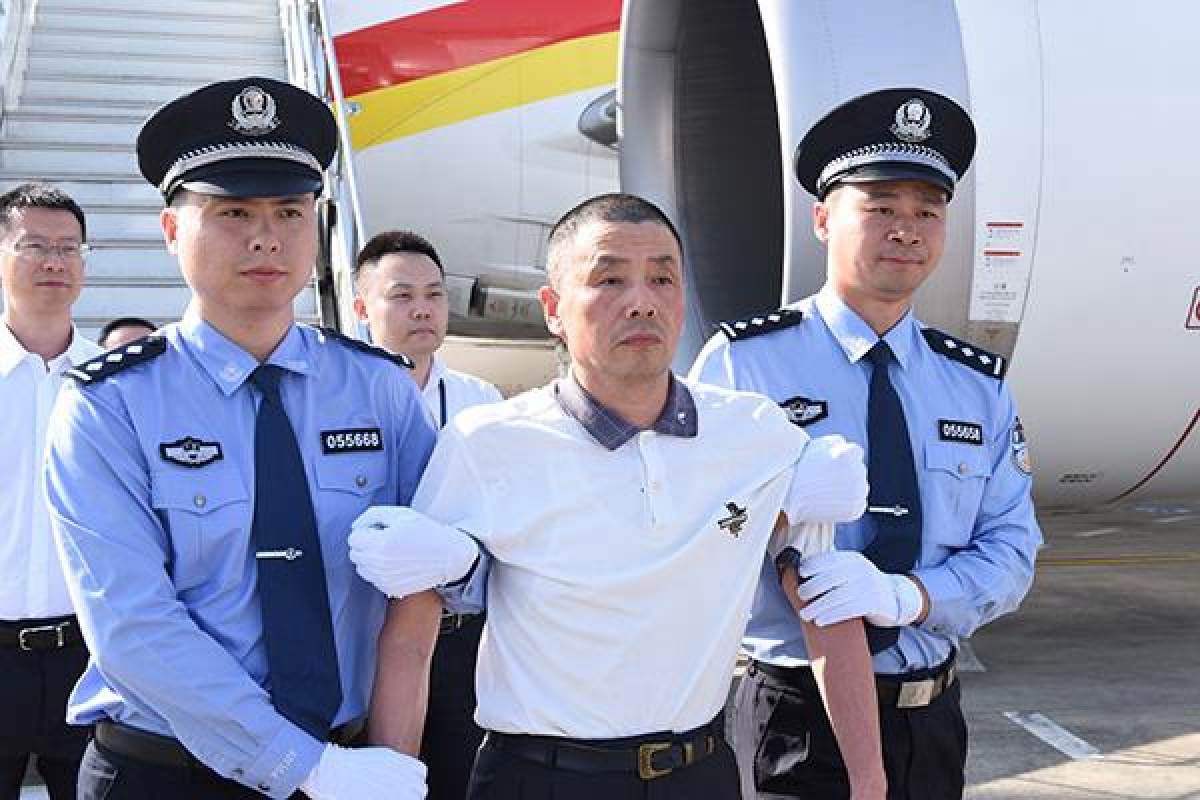
But an examination of Interpol’s current records reveals that all of the “100 most wanted” have now been removed from the public red notice list, even though about 40 of them are believed to remain at large.
Their red notices have either been rescinded or, more likely, China has asked Interpol to withdraw them from public scrutiny, in a recalibration of Beijing’s global hunt.
Although there are 7,440 suspects currently on Interpol’s public red notice list, only 30 are wanted by China, and none of those are accused of corruption; most are wanted for violent offences, with homicide being the most common category of crime.
Interpol issues red notice for Chinese tycoon after corruption claim
Instead of invoking international police cooperation to hunt corruption suspects, Beijing now focuses on other, lower-profile tactics – applying psychological pressure on suspects, targeting relatives in China or using litigation to seize assets at home and abroad.
The resolution of the “red notice hunt” for Liu, the 59th person on the 2015 list to have been arrested, appears to have had nothing to do with Interpol, a red notice or Canadian police.
Instead, Xinhua reported that Liu voluntarily turned himself in after anti-corruption officers went to his hometown in November 2018, “to preach laws and national policies” to his parents and other relatives, some of whose finances were frozen.
“With continuous effort by investigators and patient persuasion of the family, Liu Baofeng contacted the Municipal Commission for Discipline Inspection and Supervision, and finally made up his mind to return to China and surrender himself,” Xinhua said. He had been on the run for 18 years.
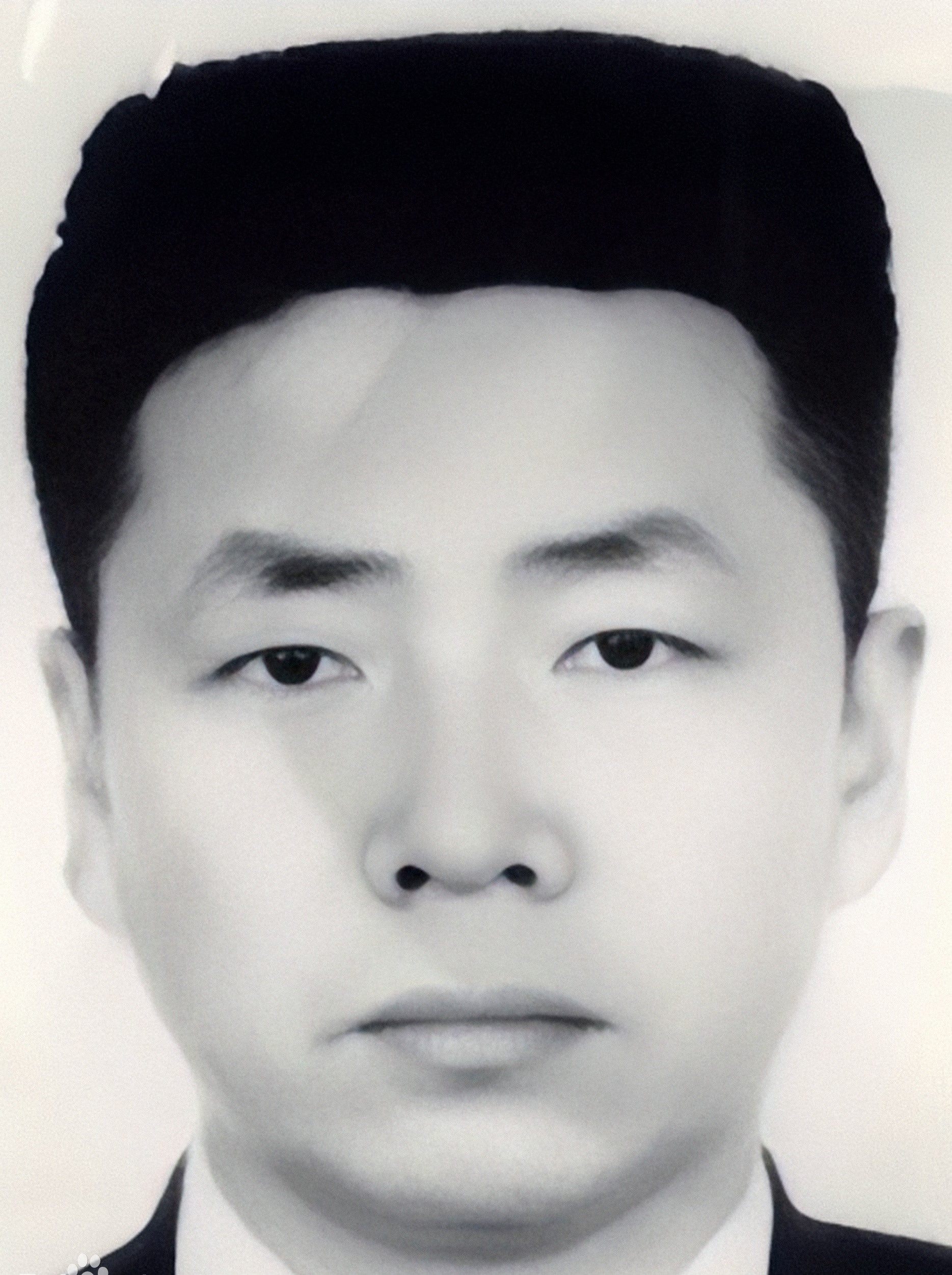
Unusually, the official account of Liu’s arrest – which came amid a deep ebb in Sino-Canadian relations over the arrest of Huawei Technologies Co executive Meng Wanzhou – did not mention his previous whereabouts, or that he flew in from Vancouver. That information was confirmed by checking historical flight data and identifying the aircraft’s livery.
Interpol red notices ‘not legally binding’
David Matas is a veteran Canadian human rights lawyer who has made a name representing suspects sought by China, including Lai Changxing, a smuggler once called China’s most-wanted person.
He said he had helped “about half a dozen” Chinese people get red notices completely rescinded by Interpol, which is based in Lyon, France. At least one was on the “100 most wanted” list.
But Matas said the mere disappearance of red notices from public view did not mean suspects were similarly in the clear – Chinese authorities instead may have withdrawn them from view to trick suspects about their intent.
The CCDI does not appear to have published lists of the “100 most wanted” fugitives since 2018, while continuing arrests of lower-level corruption suspects suggest China has indeed implemented a policy to keep all such red notices secret.
Interpol suspends red notice for Uygur activist Yidiresi Aishan
Twenty-eight red notice fugitives were arrested on corruption charges in 2020, according to state media, even though such Chinese suspects are now completely absent from Interpol’s public red notice list.
Arrests of the “100 most wanted” ground to a halt more than two years ago.
In its most recent update on the hunt, in a December 2020 newsletter, the CCDI said that 60 out of the 100 had been captured; the arrest of the 60th suspect, Huang Ping, a former boss at a state aluminium firm, took place when he flew back to China and turned himself in on September 11, 2019.
If someone sees they have an Interpol red notice that’s public they are not going to want to return to China. So if it’s gone from the public list, they may think it has gone entirely
“Why would they shift from public to private [notices]?” said Matas. “It may be that they want to create the illusion the problem has gone away, and think it might be easier to catch the person that way.
“Obviously if someone sees they have an Interpol red notice that’s public they are not going to want to return to China. So if it’s gone from the public list, they may think it has gone entirely and they may seek to return to China and they catch them that way.”
Neither the CCDI nor China’s embassy in Ottawa responded to written questions about China’s use of red notices.
China Mobile lays claim to Vancouver homes ‘bought with fraud funds’
Interpol said there were 69,500 red notices currently valid, but only 11 per cent were public, with the vast majority reserved for the eyes of law enforcers. The international body – which has no policing powers of its own but acts as a conduit for 195 member states to share information and assistance – said it was up to a requesting state whether to make a red notice public.
China’s use of the red notice process has long been decried by critics who say it is abused to target dissidents and other political targets. In August, Interpol said it had suspended the notice for Uygur activist Yidiresi Aishan after “new and relevant information” about his case came to light.
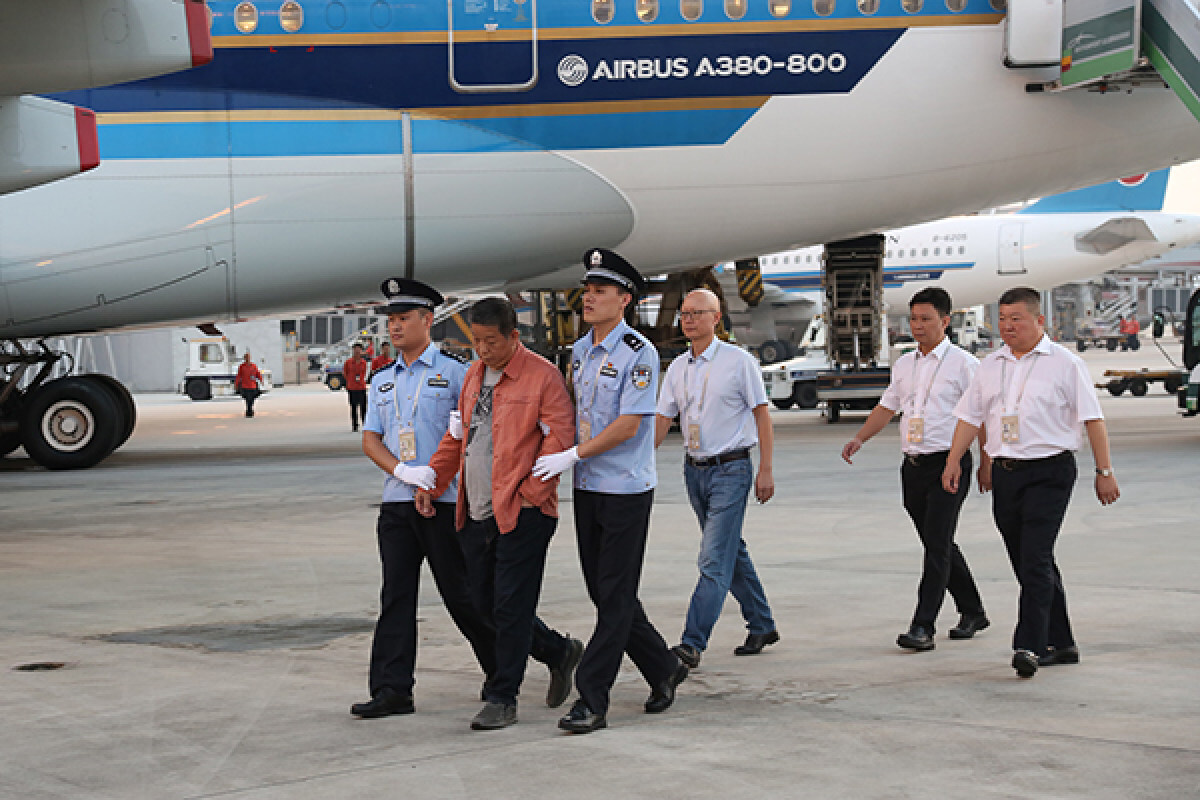
The organisation declined to discuss China’s use of the red notice system, including how many Beijing had in effect, or information about individual Chinese suspects. “This information remains under the ownership of [a] member country.
Interpol does not therefore comment on specific cases or individuals except in special circumstances and with the approval of the member country concerned,” it said.
While the notices have been useful to Chinese authorities in the past to publicise an investigation, they have shown limited ability to get suspects actually arrested on foreign soil.
Interpol notices are not legally binding in any country. Canada considers every notice carefully before taking action
For instance, 26 suspects on the “100 most wanted” list were thought to have fled to Canada, making it the most common suspected bolt-hole. Although a handful, including Liu, have been captured, none was arrested in Canada or formally extradited; Canada has no extradition treaty with China.
The Royal Canadian Mounted Police (RCMP), the nation’s federal police force, said it did its own vetting before deciding to act.
“Interpol notices are not legally binding in any country,” an RCMP spokeswoman said, without specifically addressing questions about suspects wanted by China. “Canada considers every notice carefully before taking action.”
China’s ex-Interpol president Meng Hongwei jailed for 13½ years for corruption
The spokeswoman added that “standard Interpol procedures do not allow us to comment on the nature of a [red] notice if it hasn’t been made public by Interpol and/or the issuing country.”
Matas said Interpol tended to initially post “whatever a country requests” about a red notice suspect, without in-depth scrutiny of a case.
“Now, if they get pushback [from a suspect] they will look at a file. But they wouldn’t normally look at the propriety of what a government does unless they are sent a complaint about it.”
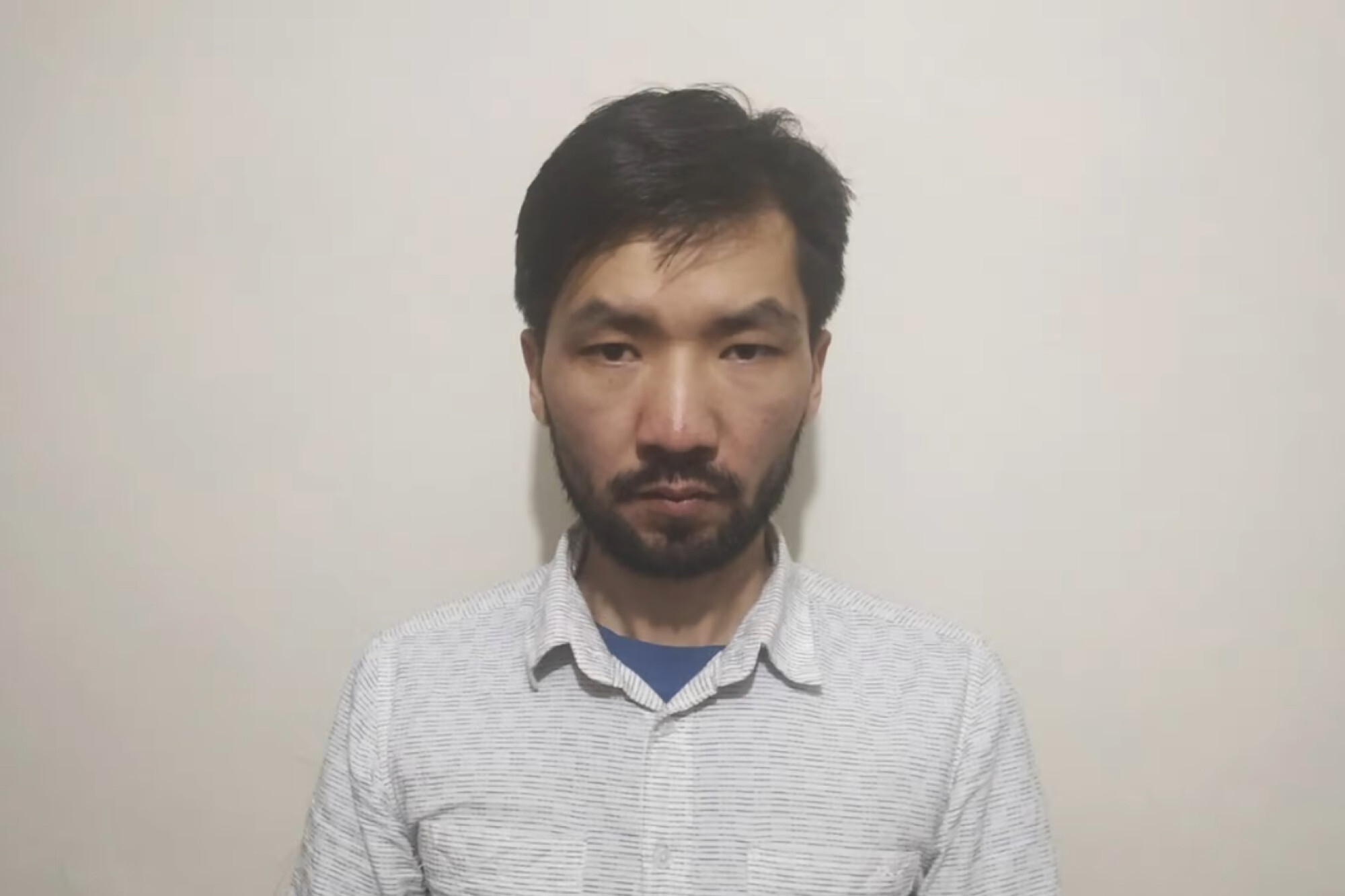
In some cases, Matas said, suspects were unaware they were on the red notice list until they were informed by Canadian authorities when they tried to cross a border. Ironically, instead of being arrested, this allowed them to challenge their red notice status.
Matas said he could not say whether he still had clients on the “100 most wanted” list. “But I do have some active [Chinese] red notice cases,” he said, and was seeking their withdrawal by Interpol.
He said China’s use of red notices was problematic because he considered its legal system “so tainted by politics that it has no reliability” in identifying suspects to Interpol.
Matas said he had previously convinced Interpol to drop red notices against Chinese clients because they were being sought “for political reasons, not criminal reasons”. But it was a complex process.
China’s new ‘legal weapon’ against fugitives
China has found other ways to pressure members of the “100 most wanted”.
One of them is Li Xiangdong, a former telecoms executive accused of defrauding state-owned China Mobile.
He is being sued in British Columbia’s Supreme Court by China Mobile, which listed a Vancouver town house as his residence. The firm is laying claim to Canadian real estate it believes Li bought with the proceeds of his alleged fraud, which the company says cost it hundreds of millions of yuan.
The lawsuit, issued on December 13, has not received a response. The accusations against him have not been tested in court; he could not be contacted.
When asked if he knew whether Li remained the subject of a red notice, Craig Ferris, a lawyer representing China Mobile, would not comment.
China’s nominee wins Interpol seat despite concerns of human rights groups
Beijing is also stepping up pursuit of suspects’ domestic property.
On December 9, the Supreme People’s Procuratorate issued its first guidance on seizing fugitives’ assets, citing several cases involving suspects among the “100 most wanted”.
A procuratorate official, Shi Weizhong, said authorities would “use the legal weapon of the confiscation of illegal gains [to] promote the international pursuit of fugitives”, according to the official Procuratorial Daily newsletter.
As for Liu Baofeng, state media accounts of his case offer a glimpse into strategies that were said to have broken him psychologically.
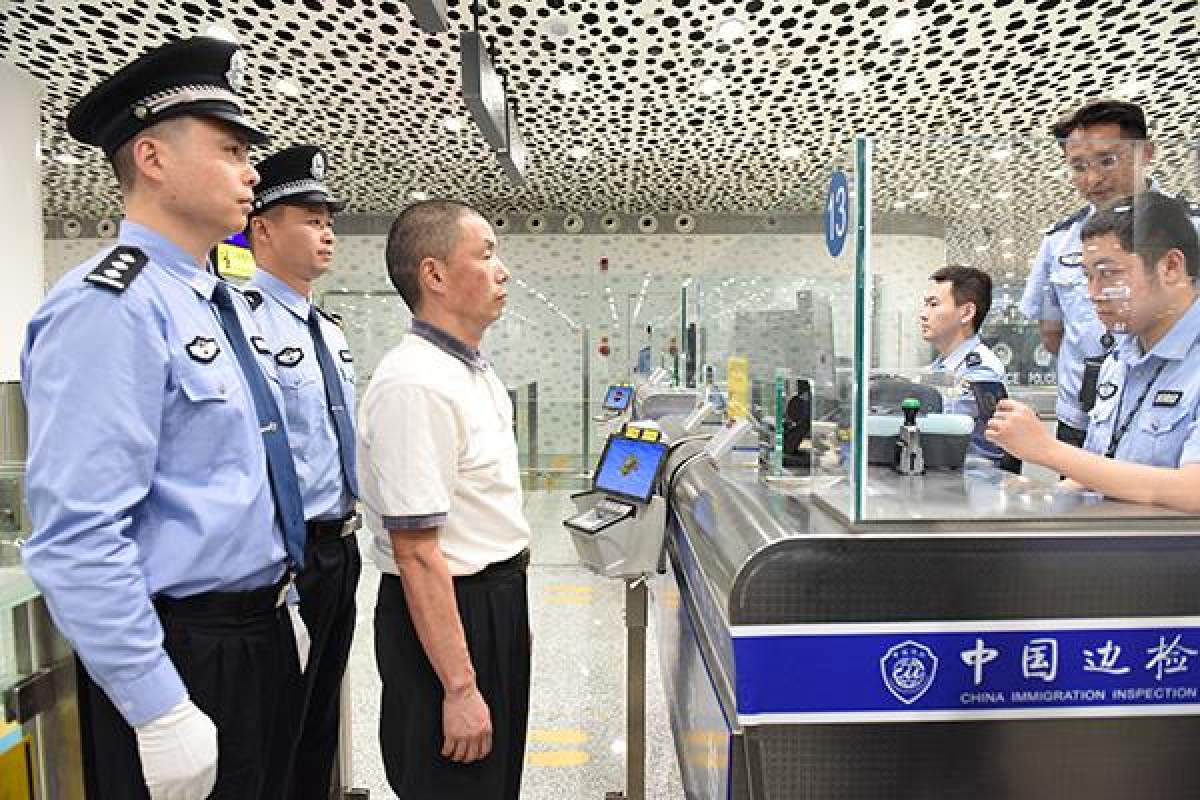
In mid-2018, Chinese authorities released “clues” about Liu’s whereabouts to “all sectors of society”, Xinhua reported. A Chinese investigator handling his case told Xinhua that Liu had been located “fixing cars in an auto repair shop”, although the report did not identify the country or city.
“He lived a normal life. After the information was released, he couldn’t eat or sleep, and the pressure soared,” the investigator said.
Back in China, investigators were visiting Liu’s parents and other relatives after alleging that he had sent them “illicit money”. Their assets were frozen in cities across China – Shenzhen, Nanjing, Nantong and Shenyang.
When authorities offered the prospect of mitigated punishment if Liu turned himself in, “the attitude of Liu Baofeng’s family became more positive”, Xinhua said. Liu was left “exhausted” by the experience.
And so, without any apparent compulsion from Canadian police or other foreign authorities, Liu decided to return to China for the first time since 2001.
Even if you escape to the ends of the earth, you will eventually face punishment
In Vancouver, on June 28, 2019, he boarded a direct flight to Shenzhen, Hainan Airlines flight HU7960. It took off 12.39pm and landed at 4.13pm the next day, according to FlightRadar24.
When he emerged at the plane door, Liu was firmly in the grip of two Chinese policemen who towered over him.
At age 55, he bore little resemblance to the plump-faced man in his 30s in his official mug shots. “He looked like an old man in his 70s,” the case investigator told Xinhua.
Whether Liu is a Canadian citizen is not known. However, a CCDI photo of him being scrutinised by border officers appeared to show a blue Hong Kong passport or a Chinese travel document.
Xinhua said the agency interviewed Liu at the airport. “I came back to Shenzhen to surrender today … I will truthfully explain my past illegal acts and actively return the stolen assets,” he was quoted as saying.
Liu told fellow fugitives they too should surrender and hope for leniency. “I now realise that overseas is not an extrajudicial enclave, and even if you escape to the ends of the earth, you will eventually face punishment.”
His sentence has not been announced.

